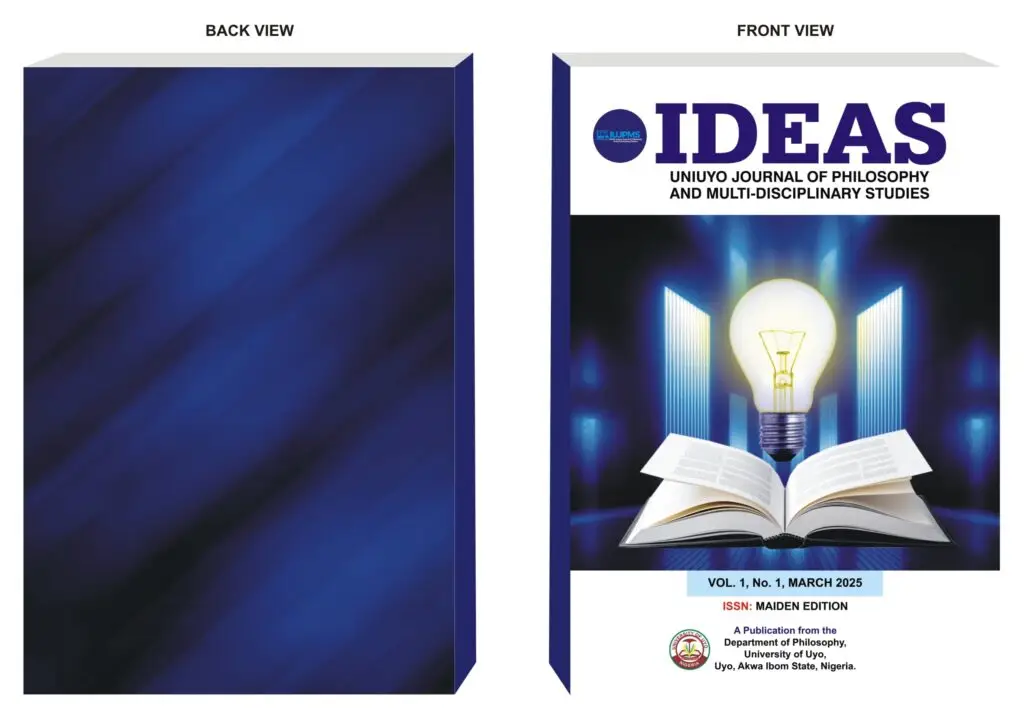This ethnographic research undertakes an anthropological examination of socio-onomastics of Okpongo as a naming system among the Ibibio people of Akwa Ibom State, Nigeria. The study was conducted within selected Ibibio local government areas of Akwa Ibom State. Two objectives were adopted to guide the study and the descriptivist theory of names was adopted as used as a theoretical framework for the study. A simple random sampling method was used to select at least 24 study participants from each of the clans. Study participants were purposively selected to be 21 years of age and above so that they may have better understanding of the norms, values and taboos of their culture. The interview guide was used for data collection. Collected data were analysed thematically with excerpts. Findings show that the socio-onomastic of Okpongo as a naming system among the Ibibio people of Akwa Ibom State is an ancient naming practice of name transfer from the elderly of late person to an infant or new-born. Finding also show that another socio-onomastic of Okpongo among the Ibibio people of Akwa Ibom State is the attainment of social mobility. Through Okpongo naming system, a poor child can attain a rich status, and a poor child can share in a rich man’s inheritance as his Okpongo. Among others, it was recommended that the naming practice of Okpongo as a levelling mechanism should be projected to reduce selfishness that leads to corruption.
Written By
Emem Umoh Umoh
Nsikanabasi U. Wilson
Glory Ekan Akpan
Francis Obono
Department of Sociology and Anthropology
University of Uyo

